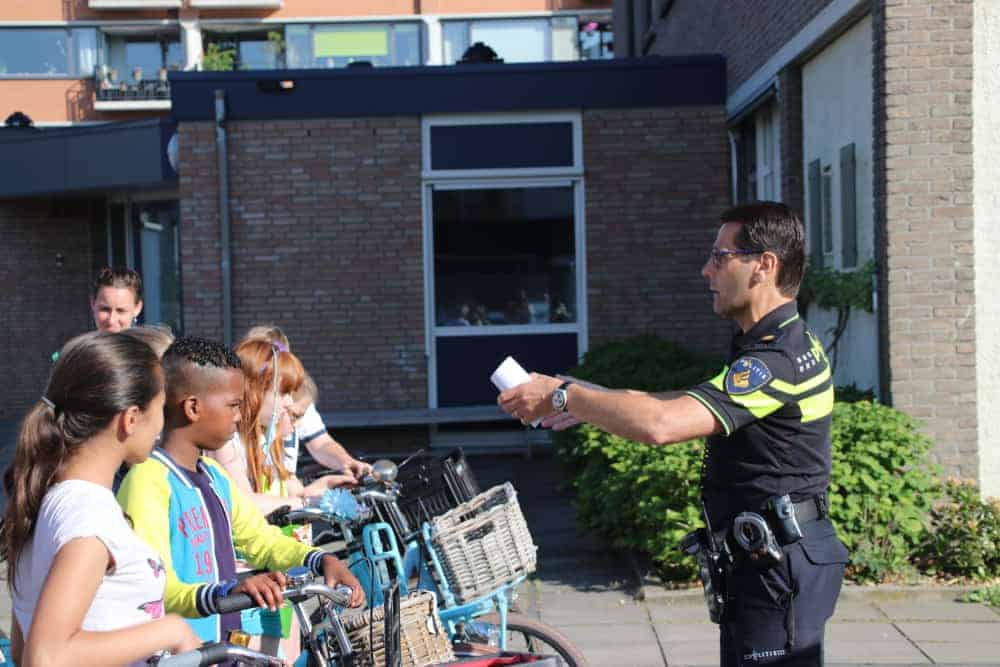As a parent of a child with a disability or as a school employee, you may wonder if school resource officers (SROs) can or should be privy to the information in a student’s Individualized Education Plan (IEP). The short answers are yes and probably yes.
In general, IEPs are protected from disclosure by FERPA (Family Education Rights and Privacy Act) and IDEA (Individuals with Disabilities Education Act, 20 USC 1417(c)). FERPA is a federal law that gives parents and guardians the right to access their child’s education records and the right to ask to have the records amended. FERPA also requires schools to keep education records confidential, unless certain exceptions apply.
For example, school staff with a “legitimate educational interest” can see a child’s education record. The school principal and current teachers generally meet this requirement, but other staff, such as a teacher that does not teach or otherwise have a reason to interact with a child, generally do not.
In some cases, FERPA gives schools the right to disclose information in a student’s record without parent permission. For example, in some circumstances, an SRO may have access to a child’s IEP and Behavioral Intervention Plan (BIP) without parent consent through FERPA’s “school official” or “health or safety emergency” exceptions.
SROs may be considered “school officials” if certain conditions are met. Some SROs are actually employees of the school district, so they generally would be considered a school official and education records could be released to them without parent consent if the SRO had a legitimate educational interest in reviewing them. When an SRO is employed by an outside entity, such as the police department, the SRO still can be considered a school official under FERPA if the school district has direct control over the SRO’s use and maintenance of education records and the SRO is subject to FERPA’s re-disclosure requirements.
This could occur through a memorandum of understanding between the school and the law enforcement unit that establishes how the information can be used and how it must be protected. Information received under this exception can only be used for the stated purpose of the disclosure, such as promoting school safety and physical security of students.
SROs also may have access to a child’s IEP and BIP through FERPA’s health or safety emergency exception. This exception allows the school to disclose education records when necessary to protect the health or safety of a student or other individuals. The threat to health or safety must be significant and articulable, meaning the school must able to explain what the threat is and why it is significant when the disclosure is being made. This exception is limited to the period of the emergency and allows only for the disclosure of information relevant to the threat.
Sometimes, a parent may proactively decide to give an SRO access to the child’s school records. For instance, a parent may decide to voluntarily give the SRO a copy of the child’s IEP and Behavior Intervention Plan (BIP). BIPs are part of a child’s IEP, and must be followed by school staff, including staff who are contract employees.
Parents also may want to invite the SRO to all or part of an IEP meeting. FERPA and IDEA do not limit a parent’s right to disclose information about their child, and under IDEA, parents can invite anyone to an IEP meeting that has knowledge or special expertise about the child.
All school staff who interact with a child should be familiar with a child’s IEP and BIP, know the behaviors related to a child’s disability, and know how those behaviors are likely to present in a school setting. In most situations, this includes the SRO — particularly if the child has behaviors that could result in the SRO being called to intervene. At the meeting, the IEP team, with the SRO present, can review the child’s BIP and discuss de-escalation techniques that are known to be effective for the child, and also discuss actions by adults that are known to increase the child’s escalation.
If this occurs, it increases the likelihood that the SRO’s involvement during or after a behavior incident will be helpful and calming, and lays a solid foundation for a positive, trusting relationship between the child and the SRO, to the benefit of all involved.






